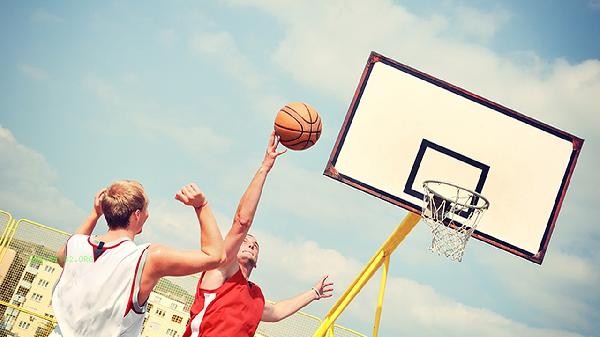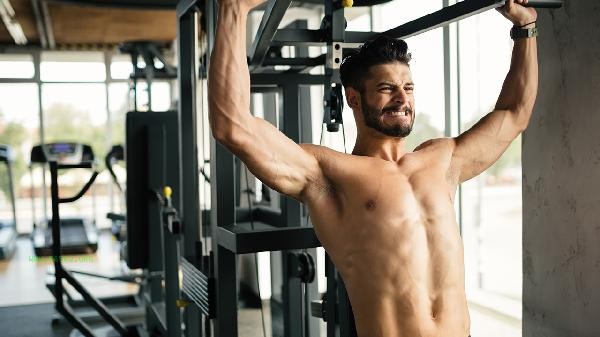It is recommended to choose plain water or diluted salt water to replenish water during fitness, and you can also drink sports drinks containing electrolytes in moderation. Sports hydration should consider the intensity, duration, and individual physical differences of exercise, and avoid high sugar or stimulating drinks. During exercise, water loss is relatively fast, and plain water is the safest basic choice as it can quickly replenish body fluids without additional calories. If you continue to exercise for more than 1 hour or sweat a lot, you can drink diluted salt water containing sodium and potassium to help maintain electrolyte balance. Professional sports drinks contain moderate amounts of carbohydrates and minerals, suitable for rapid recovery after high-intensity training, but attention should be paid to sugar content to avoid excessive intake. Some people may experience hyponatremia due to excessive sweating during exercise in high temperature environments, and only supplementing with pure water may exacerbate electrolyte imbalances. People with heart or kidney diseases should consult their doctors to adjust the water supplement program, and patients with diabetes should carefully choose sugary drinks. Commercial functional beverages may contain caffeine and other ingredients, which may cause palpitations or affect sleep quality. It is not recommended to drink them during exercise unless necessary.

Before and after exercising, it is advisable to drink small amounts of water in portions of 100-200 milliliters each time to avoid increasing the burden on the gastrointestinal tract by drinking a large amount of water at once. 500 milliliters of water can be replenished 2 hours before exercise, and every 15-20 minutes during exercise. Continue to replenish 150% of the lost water during exercise within 2 hours after completion, and can be paired with potassium rich foods such as bananas. Pay attention to the color of urine. A light yellow color indicates sufficient hydration, while a continuous dark yellow color requires an increase in water intake. Long term exercise enthusiasts can undergo regular body composition testing and adjust hydration strategies based on muscle content.









Comments (0)
Leave a Comment
No comments yet
Be the first to share your thoughts!